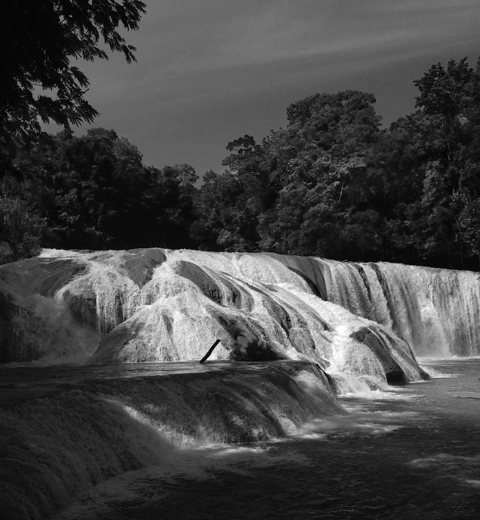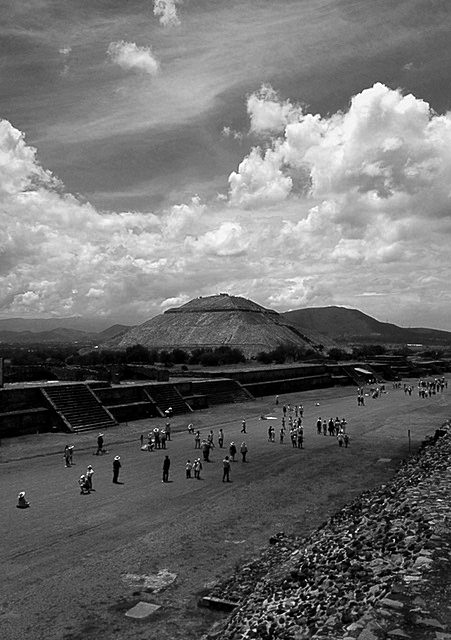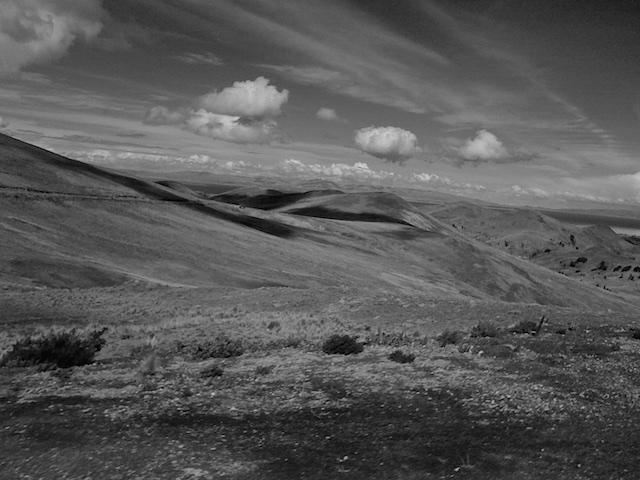A snippet of translation of Dua Iftitah …
The English language has been on the one hand so terribly secularized, that translating spiritual/religious works becomes difficult – because of the negative connotations for just about anything with a religious context. And on the other hand, the language being the prime language of Capitalism, expression of notions of oppression, and struggles for justice, can end up being regarded as quaint… evoking a smile, instead of indignation at the oppressor. Islamic prayers, the Qur’an itself has razor sharp focus on questions of justice and injustice, and responsibilities of M(m)uslims (i.e. those who are on the path of surrender to the Source, to God) in this arena.
Much of English translations are unfortunately either done by those whose first language is not only not English, but their use of the language is primarily in the bureaucratic/paper pushing arena. Or, they are done by technocrats, whose use of the language is primarily in technology, i.e engineers, computerists, doctors etc. The result is, on the one head, we have Islamic literature that can make Allah, and the Prophets (peace and blessings on them all) seem like bureaucrats sitting at some boring office desk giving out orders, or at best, some kind of distant social manager out of touch with the reality of the people. On the other hand the technocrats make the translated literature sound like the prayers are some kind of coding manual, or a formula, or worse an engineering textbook.
It is for these reasons, Muslims really do have to learn another language to begin to understand the beauty of Islam – Arabic, Farsi, or even Urdu… can help. If not that, at the very least consult Quranic concordance such as this online one here … and try to look at the shades of meanings to get some glimpse of what is being conveyed.
“All praise be to God Who provides safety for the frightened ones,
الْحَمْدُ لِلَّهِ ٱلَّذِي يُؤْمِنُ ٱلْخَائِفِينَ
comes to the help of the ones who perform good works (make peace, reconcile etc.) ,
وَيُنَجِّي ٱلصَّالِحِينَ
promotes the cause of the oppressed (the oppressed masses)
وَيَرْفَعُ ٱلْمُسْتَضْعَفِينَ
annihilates the ones who magnify themselves (the arrogant)
وَيَضَعُ ٱلْمُسْتَكْبِرِينَ
destroys rulers, and appoints others instead.
وَيُهْلِكُ مُلُوكاً وَيَسْتَخْلِفُ آخَرِينَ
All praise be to God; the Eradicator of the tyrants (those who use force/compulsion)
وَٱلْحَمْدُ لِلَّهِ قَاصِمِ ٱلْجَبَّارِينَ”



